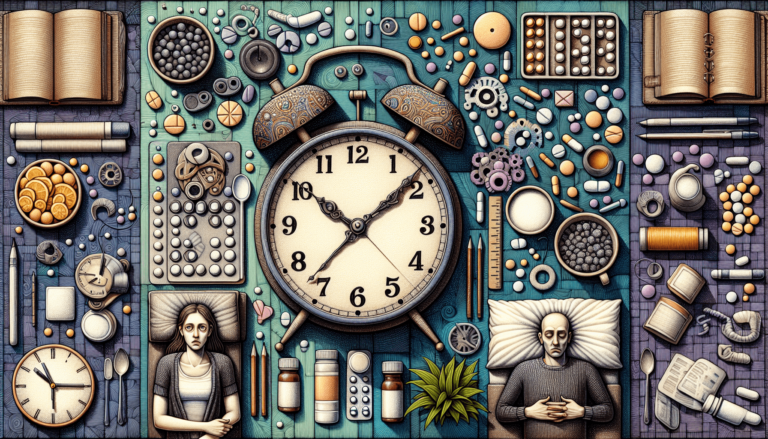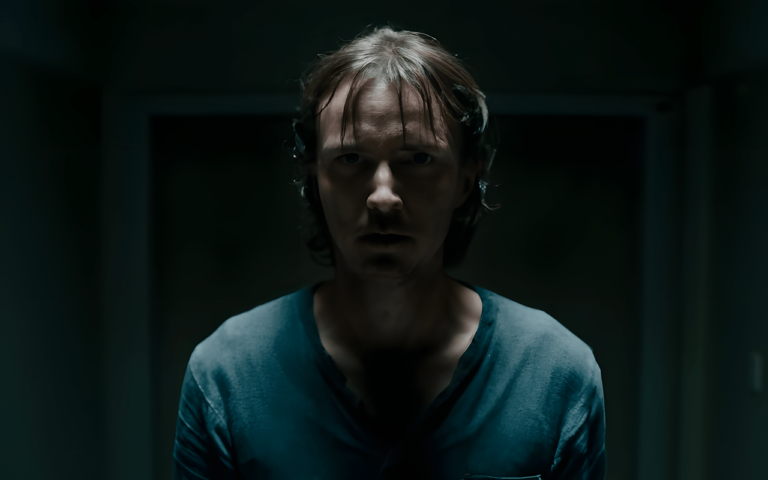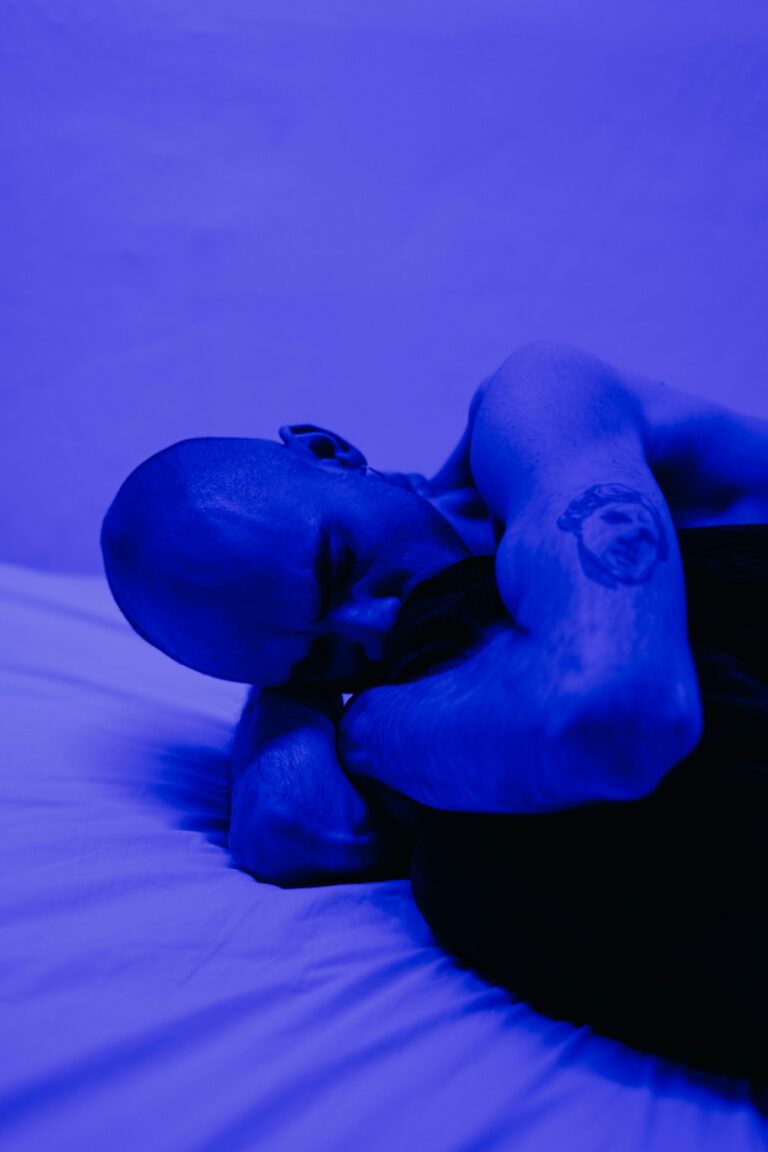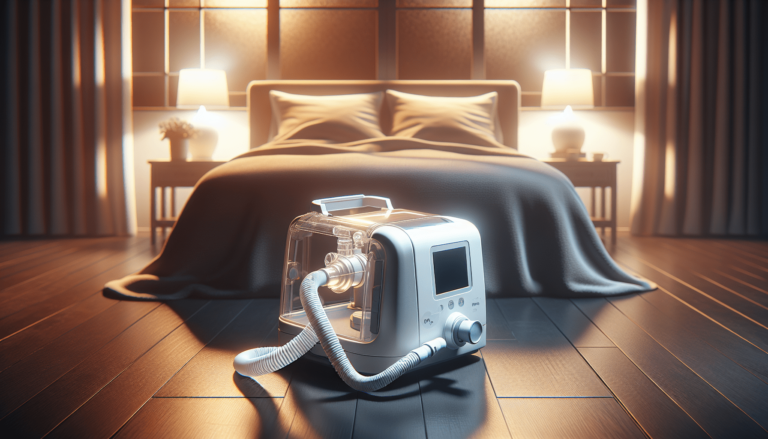Can Medication Help With Sleep Walking Episodes?

Can Medication Help With Sleep Walking Episodes?”
Sleep walking, or somnambulism, is a phenomenon that affects many individuals, leading them to engage in activities while asleep that are typically reserved for wakefulness. Addressing the question, “Can medication help with sleep walking episodes?” the answer is nuanced. Medications such as benzodiazepines and antidepressants have been found to reduce the frequency and severity of these episodes by stabilizing sleep patterns and calming the central nervous system. However, effective treatment often involves a combination of medication and behavioral strategies tailored to individual needs, which is where the expertise of centers like Vector Sleep Diagnostic Center comes into play. At Vector, led by the distinguished Dr. Dmitriy Kolesnik, patients benefit from comprehensive evaluations and personalized care. Dr. Kolesnik’s extensive background in Sleep Medicine and Neurology ensures that each patient receives cutting-edge, compassionate care, whether their sleep issues involve sleep walking or other disorders. Have you ever wondered if medication can help with sleepwalking episodes? If you or someone you know struggles with sleepwalking, you might find yourself asking this very question. Sleepwalking, also known as somnambulism, is a parasomnia – an abnormal behavior during sleep – that affects both children and adults. While typically not dangerous on its own, it can lead to hazardous situations and disrupt household routine.
In this article, we’ll delve into whether medication can help treat sleepwalking episodes. We’ll also introduce you to Vector Sleep Diagnostic Center, a top-notch facility that specializes in diagnosing and treating sleep disorders, including sleepwalking.
Understanding Sleepwalking (Somnambulism)
Before we get into whether medication can help, it’s crucial to understand what sleepwalking is, what causes it, and its implications.
What is Sleepwalking?
Sleepwalking is a condition where a person gets up and walks around while still asleep. It usually occurs during the deep sleep stage (NREM sleep), often within the first few hours after falling asleep. Sleepwalking episodes can range from simple, calm walks around the house to more complex behaviors such as driving a car or cooking a meal.
Symptoms of Sleepwalking
People who sleepwalk can exhibit a variety of symptoms:
- Walking or performing other complex behaviors while asleep
- Engaging in routine activities like dressing or eating
- Urinating in inappropriate places
- Having little to no memory of the event upon awakening
- Speaking in a confused manner
- Displaying aggressive behavior when woken up suddenly
Causes of Sleepwalking
Several factors can contribute to sleepwalking episodes, including:
- Genetics: If you have family members who sleepwalk, you might be more likely to, too.
- Sleep Deprivation: A lack of sufficient sleep may trigger sleepwalking.
- Stress and Anxiety: High levels of stress and anxiety can contribute to these episodes.
- Medications: Some medications, particularly those that affect the brain, may induce sleepwalking.
- Medical Conditions: Conditions like sleep apnea, restless leg syndrome, and gastroesophageal reflux disease (GERD) may increase sleepwalking tendencies.
- Substances: Alcohol and certain drugs may also provoke sleepwalking.
Can Medication Help with Sleepwalking Episodes?
Now that we have a better understanding of sleepwalking, let’s explore the role medication can play in managing this condition.
Types of Medications Used for Sleepwalking
Different types of medications can be prescribed to help manage sleepwalking episodes. However, medication is generally considered when non-pharmacological approaches have failed, or the sleepwalking poses significant risk to the individual or others.
1. Benzodiazepines
Benzodiazepines, like clonazepam, are often used to reduce or eliminate sleepwalking episodes. These medications work by calming brain activity and promoting stable sleep patterns.
Pros:
- Effective in reducing episodes of sleepwalking.
- Can aid in reducing anxiety, which may be a contributing factor.
Cons:
- Can be habit-forming.
- May cause drowsiness or grogginess upon waking.
2. Antidepressants
Antidepressants, especially those with sedative properties, can be helpful in treating sleepwalking. These medications can also address underlying mental health issues that contribute to sleepwalking.
Pros:
- Effective in treating co-occurring mental health issues such as depression or anxiety.
- May improve overall sleep quality.
Cons:
- Potential side effects like weight gain, sexual dysfunction, and insomnia.
- Requires time for the full therapeutic effect.
3. Melatonin
Melatonin supplements can help regulate sleep-wake cycles, making them potentially beneficial for those with disrupted sleep patterns contributing to sleepwalking.
Pros:
- Natural hormone with fewer side effects.
- Over-the-counter availability.
Cons:
- Effectiveness can vary.
- Timing and dosage can be challenging to get right.
4. Antipsychotics
In some severe cases, antipsychotic medications might be prescribed to manage sleepwalking. These are generally used when other medications and treatments have not been effective.
Pros:
- Can be very effective in reducing severe symptoms.
- Addresses a range of behavioral issues.
Cons:
- Potential for severe side effects, including weight gain and movement disorders.
- Typically reserved for severe cases.
Considerations for Medication Use
When considering medication for sleepwalking, it’s essential to engage in a thorough evaluation and discussion with a healthcare provider. Here are some factors to consider:
- Severity of Episodes: How dangerous or disruptive are the sleepwalking episodes?
- Underlying Conditions: Are there any underlying medical or mental health conditions?
- Individual Response: Different people respond differently to medications.
- Risk of Side Effects: Weigh the potential benefits against possible side effects.
Non-Medication Treatments
Before jumping to medications, it’s often advised to try non-medication treatments:
- Improving Sleep Hygiene: Maintaining a regular sleep schedule, avoiding caffeine and alcohol before bed, and creating a comfortable sleep environment.
- Stress Management: Techniques such as yoga, meditation, or counseling can help reduce stress levels.
- Behavioral Therapy: Cognitive behavioral therapy (CBT) and other forms of therapy can help manage triggers and reduce episodes.
- Safety Precautions: Creating a safe sleeping environment by locking doors and windows, and removing dangerous objects from the bedroom.

Meet Vector Sleep Diagnostic Center
If sleepwalking is a frequent concern in your life, seeking professional help is a wise choice. The Vector Sleep Diagnostic Center offers comprehensive care for various sleep disorders, including sleepwalking.
About Vector Sleep Diagnostic Center: Where Expertise and Compassion Converge
Vector Sleep Diagnostic Center, located in New York, is a leading institution in the field of sleep medicine. Helmed by Dr. Dmitriy Kolesnik, a veteran in sleep medicine with over two decades of experience, the center is renowned for its expertise and compassionate care.
Dr. Dmitriy Kolesnik at the Helm
Dr. Kolesnik, who began his medical journey at St. Petersburg Medical School in Russia, is board-certified by the American Board of Sleep Medicine, Psychiatry, and Neurology. His remarkable journey continued in New York in the early 1990s, specializing in both Sleep Medicine and Neurology.
Having served as a Clinical Instructor in Neurology at Weill Medical College of Cornell University since 2004, Dr. Kolesnik brings a wealth of academic and clinical experience to Vector Sleep Diagnostic Center. His ongoing involvement in academic settings keeps him updated with the latest research and treatments, ensuring cutting-edge care for his patients.
Comprehensive Services at Vector Sleep Diagnostic Center
At Vector Sleep Diagnostic Center, you’ll receive a thorough evaluation and personalized treatment plan designed to address the root causes of your sleepwalking.
Sleep Consultation: Your First Step Toward Better Sleep
Your initial sleep consultation at Vector is a comprehensive evaluation lasting about an hour. During this session, you’ll discuss your sleep history, lifestyle, and any symptoms you’re experiencing. Preliminary tests or questionnaires may be administered to better understand your sleep patterns.
Specialized Evaluations
Vector offers specialized evaluations meticulously designed to get to the root of unique sleep problems. Whether it’s sleepwalking, insomnia, or other sleep disorders, you’ll get the most targeted and effective treatment plans.
Follow-Up and Continuous Care
Vector believes that sleep health is a lifelong journey. Their follow-up and continuous care programs ensure that your treatment remains effective and evolves with your needs. By fostering a lifelong partnership in sleep wellness, Vector helps you maintain improved sleep health over time.
Sleep Studies and Diagnostic Tools
Vector Sleep Diagnostic Center offers an array of sleep study services aimed at diagnosing and managing sleep disorders effectively. Their specialized approach ensures accurate results, leading to a tailored treatment plan for your specific sleep issues. Some of the sleep study options include:
- Overnight Polysomnography: Monitors various bodily functions during sleep.
- Home Sleep Apnea Test: A simpler version of polysomnography that can be done at home.
- Multiple Sleep Latency Test: Measures how quickly you fall asleep in a quiet environment.
- Maintenance of Wakefulness Test: Assesses your ability to stay awake in a quiet setting.
- Specialized Pediatric Sleep Studies: Designed to diagnose sleep disorders in children.
Additional Services
Vector Sleep Diagnostic Center provides a comprehensive range of services to address various sleep disorders:
- Sleep Apnea Care: Specializing in diagnosing and treating sleep apnea, Vector offers services like CPAP titration and Durable Medical Equipment setup.
- Insomnia Solutions: Tailored evaluations and treatments to address the root causes of insomnia, allowing you to enjoy restful nights.
- Consultation and Education: Offers educational resources, including workshops, brochures, online modules, and one-on-one counseling, to empower you for lifelong sleep health.
Why Choose Vector for Consultation and Education?
When you opt for consultation and education services at Vector, you’re placing your sleep health in the hands of board-certified sleep specialists equipped with the latest knowledge and technologies. Their commitment to helping you identify, understand, and manage your sleep disorders aims to improve your overall quality of life.
Contact Vector Sleep Diagnostic Center
If you’re ready to address your sleepwalking or other sleep-related issues, get in touch with Vector Sleep Diagnostic Center. Here’s how you can reach them:
- Address: 26, 62-60 99th St, Rego Park, NY 11374
- Phone: (718) 830-2800
- Email: vectorsleep@gmail.com
Conclusion: Taking the Next Step
Medication can indeed help with sleepwalking episodes, but it’s generally considered when other approaches have failed or when the condition poses a significant risk. Different medications, such as benzodiazepines, antidepressants, melatonin, and antipsychotics, have shown varying degrees of success in treating sleepwalking. However, it’s crucial to consult a healthcare provider to tailor the treatment to individual needs and assess all potential risks and benefits.
For those who prefer a more comprehensive approach, Vector Sleep Diagnostic Center offers specialized care, detailed evaluations, and continuous support tailored to your unique sleep health needs. If you’re struggling with sleepwalking or any other sleep disorder, take the first step toward better sleep by seeking professional help. Your safety and well-being are worth it.








